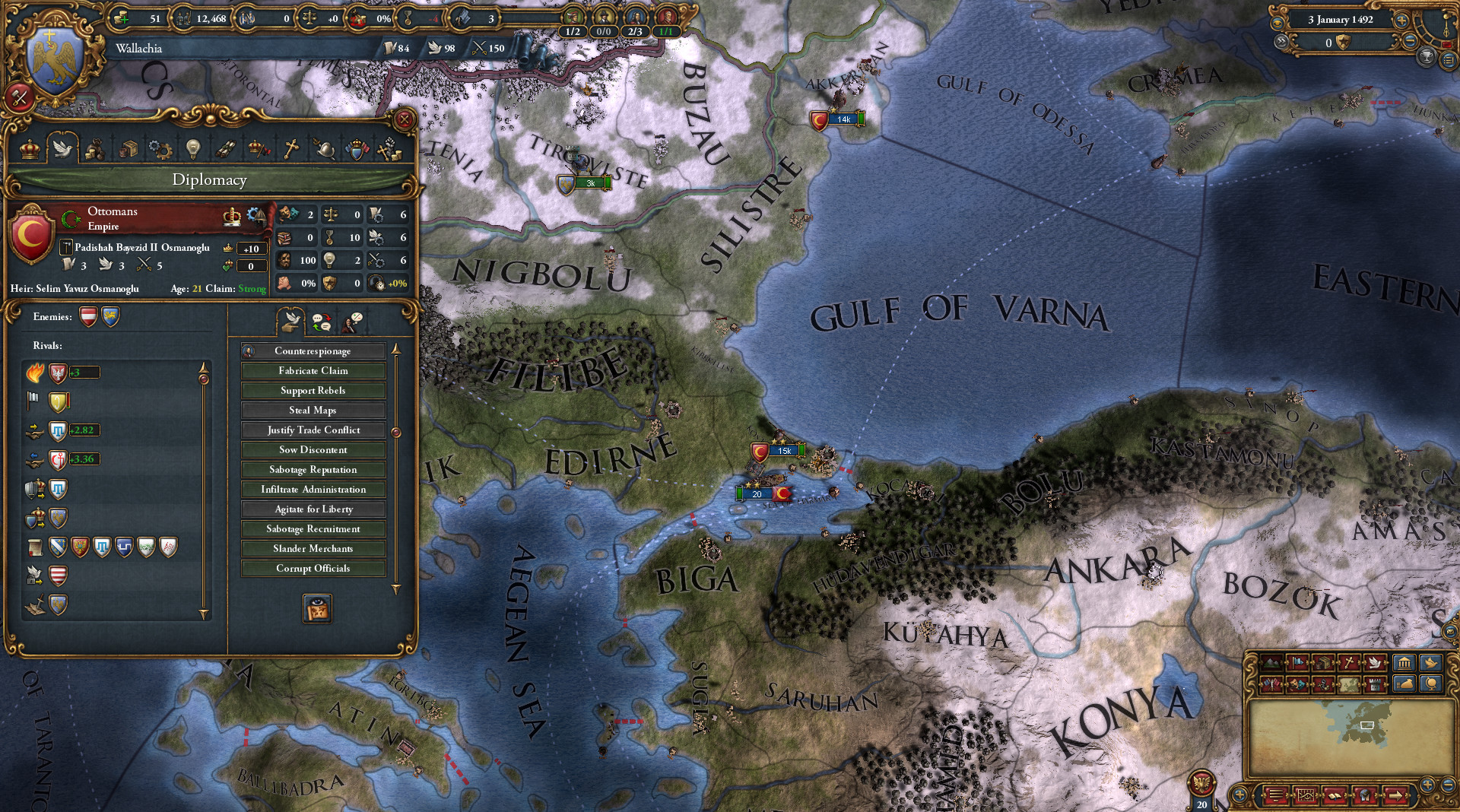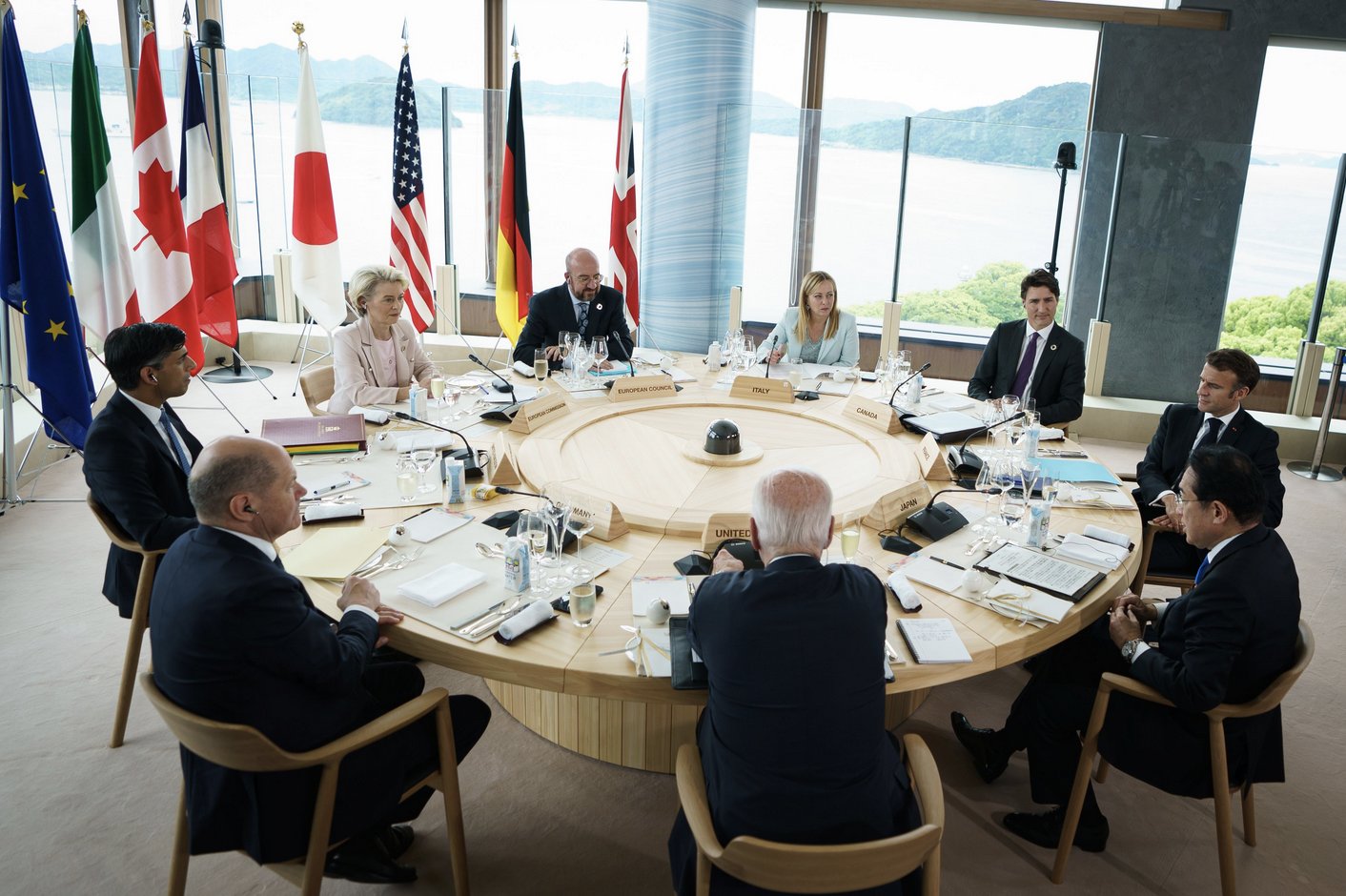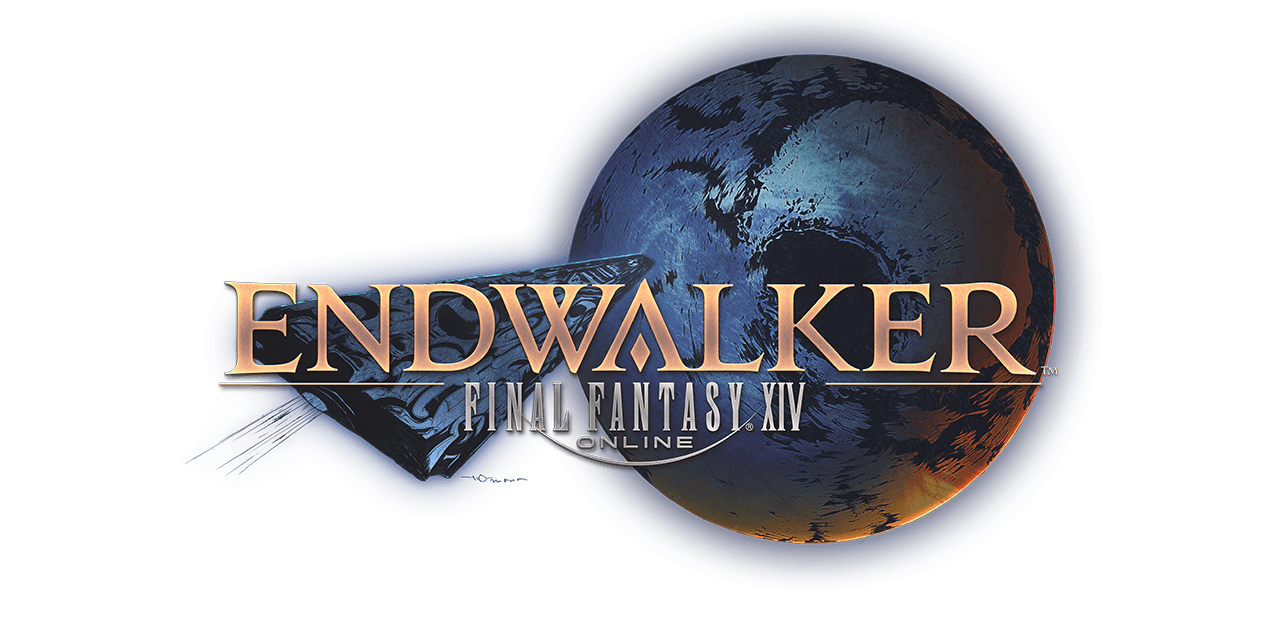Exploring the Depths of Europa Universalis IV: A Grand Strategy Game
Introduction to Europa Universalis IV
The realm of grand strategy games offers an intriguing mix of history, strategy, and role-playing, and no game encapsulates this better than "Europa Universalis IV" (EU4). Developed by Paradox Interactive and released in August 2013, EU4 has been a cornerstone for strategy enthusiasts seeking a deeply immersive experience. The game allows players to steer any nation in the world through a period spanning more than 400 years, from the late Middle Ages into the early modern era. In doing so, EU4 transcends typical gaming boundaries, encouraging players to rethink historical trajectories with their strategic decisions.
Gameplay Mechanics and Features
At the heart of EU4 is its expansive map, teeming with the intricacies of real-world geography and the stakes of historical events. Unlike many strategy games that narrow their focus to combat elements, EU4 excels by presenting a multi-layered experience of international diplomacy, trade, colonization, and warfare. Players must balance these elements, all while securing their nations' prosperity and defending against potential threats.
One of EU4's most commendable attributes is its dynamic event system. This feature introduces random events that can drastically affect the gameplay, such as natural disasters, political upheavals, or the birth of a great leader. These events add a layer of unpredictability, rewarding players who adopt flexible strategies. Moreover, the detailed tech and idea system allows players to guide their nation through various advancements, providing numerous paths to power, whether through military prowess, economic dominance, or diplomatic manipulations.
A Historical Tapestry
EU4 thrives on its attention to historical accuracy and depth. The game’s timeline covers a period that saw pivotal developments such as the Renaissance, the Reformation, the Age of Discovery, and the rise of colonial empires. Each of these eras presents unique challenges and opportunities, compelling players to adapt their strategies to the evolving global landscape.
In this grand tapestry, nations are not mere placeholders; they are complex entities with unique cultures, governments, and histories. For instance, leading France might involve navigating through the turmoil of the Hundred Years' War, while managing the Ottoman Empire presents the challenge of balancing a vast, multi-ethnic empire. The cultural and technological progression in the game mirrors real-world developments, with Westernization offering a chance for non-European nations to catch up with their Western counterparts, provided they can manage the tumultuous internal changes that come with it.
Community and Modifications
A significant part of EU4's enduring appeal lies in its active community and the variety of user-created mods. The modding community has produced a wealth of content that enhances and alters the EU4 experience. Mods can range from minor gameplay tweaks to full-fledged overhauls that introduce alternative histories, new nations, and complex mechanics. Popular mods such as Extended Timeline and MEIOU & Taxes offer players alternative historical scenarios and heightened levels of complexity, ensuring that the game remains fresh and engaging even for seasoned veterans.
The developers have also maintained a steady flow of official expansions, each adding new layers to the game. These expansions often integrate community feedback and provide features that expand upon the game's already extensive systems. Some of the notable expansions include "Art of War," which augmented military mechanics, and "Rights of Man," which introduced more detailed nation-states and rulers.
Conclusion
In conclusion, Europa Universalis IV stands as a paragon in the grand strategy genre, offering a rich blend of historical detail and strategic depth that few others can match. It is a title that challenges players to engage with history in profound and meaningful ways, reshaping the past according to their vision and strategies. As the next prompts will explore, the dynamics of alliances, economy, and warfare further cement EU4's status as an enduring classic in the gaming world. With each decision, the player not only alters the game's world but gains insights into the complexities and intricacies that define our real-world history. Stay tuned as we dive even deeper into these captivating aspects of Europa Universalis IV.
Diplomacy and Alliances: The Art of Balance
In Europa Universalis IV, mastering the art of diplomacy is as crucial as the might of armies and the wealth of trade. The game beautifully captures the complexity of international relations, offering players a comprehensive toolkit to engage in diplomatic endeavors. Building alliances, forging royal marriages, and negotiating peace treaties are just some of the diplomatic actions players must navigate to ensure their nation's place on the world stage.
Diplomacy in EU4 is not a static affair but a dynamic interplay influenced by numerous factors, including the nation’s prestige, military strength, and historical rivalries. Players must assess potential allies carefully, considering not just their current state but also their ambitions and capacity to influence regional power dynamics. An alliance with a powerful neighbor could provide invaluable military support during conflicts, but it might also drag a player into unwelcome wars. Conversely, snubbing a smaller ally could pave the way for new rivalries or lost opportunities in the future.
The game's intricate web of diplomacy also introduces the concept of coalitions—alliances formed against a nation deemed to be expanding too aggressively. The potential threat of coalition forces players to weigh their expansionist aspirations against the risk of igniting a broader conflict. This mechanic encourages players to adopt more strategic expansion plans rather than pursue reckless conquests, reflecting the delicate power balance of the historical period.
Economy and Trade: Foundations of Power
While warfare and diplomacy are vital in EU4, the game emphasizes that lasting power resides in a robust economy. The economic system in EU4 offers players multiple avenues to build their nation's wealth, each with its own set of challenges and rewards. At the core of this system is trade, a complex network that spans the globe and allows resource-rich nations to convert their surplus into wealth.
Trade in EU4 is managed through nodes, with each node connected to others in a network that mirrors historic trade routes like the Silk Road and the transatlantic trade. Players can influence trade dynamics by allocating merchants, establishing trade fleets, and controlling strategic provinces to funnel trade power towards their capital. This requires astute navigation of the game’s economic landscape, balancing domestic production with overseas ventures for optimal gains.
In addition to trade, taxation, production, and tariffs comprise the backbone of a nation's income. Managing these elements requires careful attention to numerous internal factors, such as stability, technological advancements, and provincial developments. Investing in infrastructure and developing provinces can boost production efficiency and tax revenues, yet these investments must be balanced against immediate needs, such as military upkeep and diplomatic expenses.
Military Strategy: The Clash of Arms
No discussion of EU4 would be complete without delving into its military mechanics, which reflect the period’s warfare sophistication. Battles in EU4 are more than simple clashes of numbers; they require tactical foresight, strategic planning, and sometimes a bit of luck. Players must consider terrain, leader abilities, and troop composition to gain an advantage over their foes.
The recruitment and maintenance of armies are closely tied to a nation’s manpower and financial resources. Players need to manage these effectively, as reckless military expansions can lead to economic strain or depleted ranks. Engaging in wars also activates the complex system of war exhaustion and attrition, which can weaken a nation’s internal stability if not managed properly.
The introduction of new military technologies further influences the course of conflicts. Technological advancements enable players to deploy better-equipped and more efficient armies, making tech parity or superiority a crucial factor in securing victories. These military innovations often require significant investment but can shift the balance of power dramatically in favor of the more technologically adept nation.
The Role of Religion
Religion in EU4 adds another layer of depth to the game, intertwining spiritual and temporal power. The religious landscape of the period was tumultuous, characterized by reformations, inquisitions, and interfaith conflicts. These elements are intricately woven into the fabric of EU4, providing players with opportunities and challenges based on their nation’s religious affiliations.
Religious unity within a nation is pivotal for maintaining stability, affecting aspects from internal revolts to diplomatic relations. Players navigate this by engaging in religious conversions, managing state religions, and responding to events with religious implications. Additionally, global religious movements can impact entire regions, such as the Protestant Reformation, which prompts players to either embrace reform or stand against it, aligning with their broader strategies and alliances.
Religion also plays a role in dynamics such as the Holy Roman Empire's politics, where Catholic and Protestant factions vie for influence and control. Nations can exert religious influence through missionaries, using faith as a diplomatic tool. Embracing religious reforms can unlock unique game mechanics, leading to new strategies and potential advantages.
Conclusion of Part II
Europa Universalis IV delivers an unparalleled strategy experience by focusing on these multi-faceted mechanics, each deeply rooted in historical realities. From the nuanced dance of diplomacy to the strategic deployment of military might, every aspect of the game demands careful planning and execution. The game's complexity ensures that no two playthroughs are alike, as the shifting tides of power and influence present ever-changing challenges. As we continue into the final section, we will explore the personal tales forged by players, the enduring legacy of EU4, and how the game remains a touchstone for strategy enthusiasts around the globe.
The Stories Within: Crafting Personal Histories
One of the most remarkable aspects of Europa Universalis IV is the ability for players to craft their own intricate histories, weaving tales of triumph and tragedy across the centuries. Each campaign is a unique narrative, formed not just by the actions players take, but by the reactions of countless nations, rulers, and events they encounter along the way. This emergent storytelling aspect allows each playthrough to feel distinctly personal, even amid the grand sweep of global history.
Players may choose to write an alternative history for their nation. Whether aiming for world conquest, uniting a scattered people, or forging an unassailable economic empire, EU4 provides the tools and freedom for players to achieve their lofty goals. Along the way, players will encounter defining moments—wars that reshape continents, alliances that alter balance, and personal accomplishments that transform the map itself. These moments become cherished memories, adding depth and resonance to each campaign.
In this sandbox of boundless potential, no victory or defeat is ever the same. Nations can rise from obscurity to dominate the world stage, or crumble under the weight of internal strife or external pressures. The player’s sense of agency and the consequences of their choices turn Europa Universalis IV into a rich tapestry of history waiting to be rewritten, limited only by imagination and strategy.
The Legacy of Europa Universalis IV
The enduring appeal of Europa Universalis IV is rooted in its commitment to historical authenticity and strategic depth. Throughout its tenure, Paradox Interactive has continuously supported the game with a slate of expansions and updates, ensuring its relevance to both new players and long-time fans. Each expansion has typically introduced new layers of complexity, reflecting both the players’ growing desires for deeper mechanics and the developer’s dedication to refining the game experience.
The game’s success is also evident in its influence across the broader gaming landscape. Europa Universalis IV has inspired a host of similar grand strategy games, each drawing upon its foundations while exploring new themes or historical settings. The game's multiplayer component adds competitive and cooperative dimensions, where friends and rivals can play out diplomatic intrigues or military duels, bringing a communal aspect to the strategic experience.
Additionally, the educational value of EU4 should not be understated. By immersing players in the decision-making processes of historical rulers, the game offers insight into the challenges and complexities of governing during pivotal eras. This simulation of historical forces encourages a deeper appreciation for the sociopolitical dynamics that have shaped world history.
A Community-Driven Phenomenon
Beyond its meticulously crafted gameplay and historical scope, the community surrounding Europa Universalis IV has played a pivotal role in its ongoing vitality. The active and passionate fan base has not only embraced the game’s challenges but has augmented it with a wealth of user-generated content, discussions, and resources. Platforms such as forums, video tutorials, and wikis provide a welcoming environment for players seeking to enhance their understanding or overcome specific challenges.
User-created mods, already mentioned, extend the game's lifespan endlessly, transforming EU4 into a platform limited only by the creativity of its players. These modifications permit scenarios ranging from entirely fictional worlds to even more precise historical recreations. Such versatility ensures that players always have fresh content to explore, contributing to a cycle that nurtures both the community and the game itself.
Moreover, events like the Paradox community weekend and fan conventions help solidify the bonds among players, enabling them to share their creations, strategies, and stories face-to-face or online. This vibrant community landscape highlights not just the strength of the game, but the shared passion and creativity of its players.
Conclusion
Europa Universalis IV stands as an enduring masterpiece within the grand strategy genre, lauded for its historical fidelity, strategic depth, and remarkable replayability. It invites players to step into the shoes of history’s great leaders, offering them the freedom to alter the world's course with their vision and tactics. Completing campaigns leaves players with a profound understanding of both the game mechanics and the historical forces at play, often accompanied by a unique personal narrative that reflects their strategic prowess.
As Paradox Interactive continues to support and expand upon this remarkable title, Europa Universalis IV remains a benchmark for quality strategy games, attracting new players to its depth and complexity. Its legacy not only lies in the stories told through its countless campaigns but in the memorable experiences and lessons imparted to its global community. For those with a passion for history and strategy, the game's world remains a place of endless possibilities and enduring intrigue.






















Comments